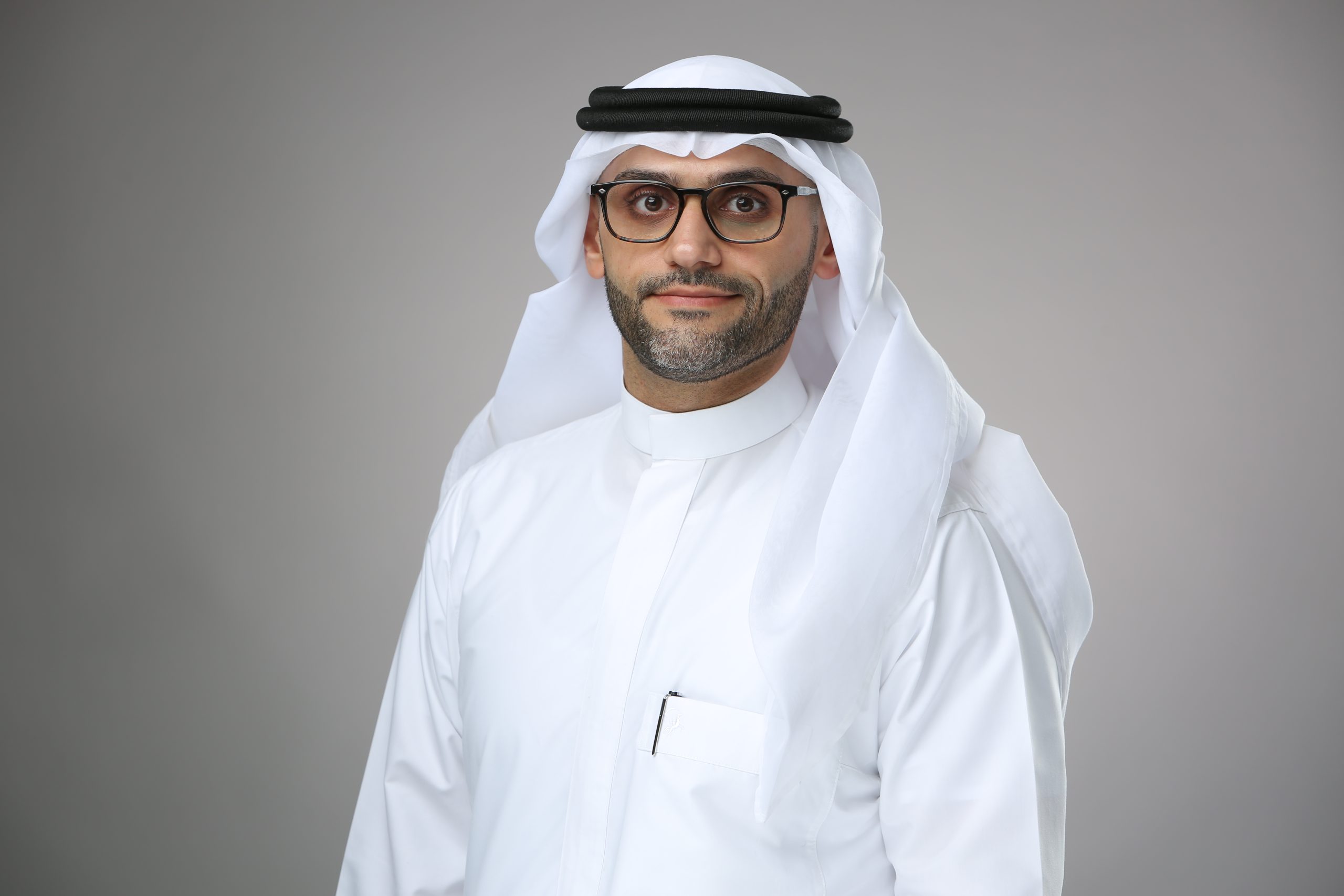Career In Focus
In this edition of SandRose, we feature a professionals from the energy industry. We asked them a series of questions about their career of choice.

Abdulaziz Al Sufayan
Assistant to the Senior Vice President of Petroleum Engineering and Development at Saudi Aramco & SPE-KSA Chairman 2019-2021
1. Describe your career path. How has pursuing a masters in the realm of finance and economics helped you as an O&G professional?
I started my career as a Petroleum Engineer in the field between Abu Ali Island’s causeways and the offshore platforms of Berri field. After that, I moved to Reservoir Management where I assumed varied positions among several fields, mainly on the offshore side. In 2016, I moved to the Production & Facilities Development department. During my time there, I realized the importance of building financial acumen as I was dealing with several Upstream projects and increments. I enrolled in a variety of courses in the topics of finance, contracting, and leadership. In 2020, I took on the role of Division Head in the Gas Reservoir Management Department. As I undertook more management roles, my understanding of the importance of financial acumen to my career progression only grew.
As a Petroleum Engineer and an O&G professional, I decided to pursue a master’s degree in finance. I believe that the master’s degree equipped me with the necessary tools to understand how decisions on all levels have an impact on energy markets and companies’ financials. These decisions could be in the realm of project finance, budgeting, and valuation.
In addition, as a petroleum engineer, you are likely already familiar with risk management. With that being said, a background in finance can provide you with additional statistical tools and frameworks to assess and mitigate financial risks associated with new and existing projects.
Moreover, and most importantly, an understanding of corporate finance can help you to better understand the financial decisions made by your organization, and how they impact the company’s operations and performance. This can help you to make more informed engineering decisions, and also position you for potential opportunities in finance-related roles.
A master’s degree in finance can complement your background as a petroleum engineer and broaden your industry perspective. In addition, financial acumen is valuable knowledge, not only for leaders, but all individuals regardless of their role.
2. How and where does your role fit within the context of the O&G industry?
I currently work as the Assistant to the Senior Vice President of Petroleum Engineering and Development within the Upstream Business Line in Saudi Aramco leading administrative, contractual, HR, as well as training and development of a 2000+ employee organization. My responsibilities typically include supporting executive management in the development and implementation of strategic agendas, managing financial and administrative operations, executing corporate development plans and strategies, along with developing and implementing strategies to realize corporate opportunities.
3. How has the fiscal landscape of the O&G industry shifted over the course of the ongoing energy transition?
Looking around at what’s happening in the world, you can clearly witness and feel the significant changes to the fiscal landscape of our industry that was brought on by the ongoing energy transition in addition to other major factors such as geopolitical issues. An example is Environmental, Social, and Governance (ESG) factors have become progressively more important for investors and stakeholders in the O&G industry. Companies that are perceived as being sustainable and responsible are more likely to attract investments and secure long-term contracts.
Some investors were also hesitant to invest in O&G in support of a more rigorous energy transition. This underinvestment has unfortunately led to supply crunches and volatility in O&G prices. However, after realizing the importance of O&G as a sustainable, secure, and affordable source of energy, there has been a steady shift back to the O&G industry, especially with those companies that have more robust sustainability and lower carbon emission efforts.
On the other hand, governments around the world are now executing carbon pricing policies to reduce carbon emissions and mitigate climate change. This has resulted in additional costs for O&G companies, who now need to pay for their carbon emissions.
We can also witness the shift towards natural gas as a cleaner energy source, and its use has increased over the past few years. This has led to an increase in investment in natural gas infrastructure, such as pipelines and liquefied natural gas (LNG) terminals.

A title
Image Box text
4. How if at all has the volatility of the financial sector impacted the O&G industry?
In my opinion, the impact of financial markets volatility over the O&G industry was significant on:
- access to capital for their operations and investments projects,
- investors’ confidence and ability to raise capital,
- projects financing by increasing the cost of borrowing affecting the economic viability of projects,
- mergers and acquisitions (M&A) activities by delaying or further revisions to M&A plans,
- and finally hedging strategies effectiveness and cost as well as the ability to secure favorable terms for derivative contracts.
This can affect the overall financial performance of O&G companies.
5. How would you recommend our readers to prepare for studying finance (whether or not they have a finance background)?
Finance is a unique field with many challenges, yet plenty of opportunities professionally and personally. In order to prepare for studying finance or executive finance, I would highly recommend:
- familiarizing yourself with financial terminologies,
- keeping up with financial news and publications,
- staying up to date on the latest trends and developments in finance,
- considering taking introductory courses in finance and accounting,
- reading and understanding the financial statements of several big companies,
- and finally, getting involved in some valuation of different stocks and their trends.
6. What advice can you offer professionals considering an advanced degree outside of their core profession or academic background?
Honestly, pursuing an advanced degree outside of your core profession or academic background can be an extremely challenging yet very rewarding experience. It also depends highly on the person’s passion and the way they see themselves. By doing your research, seeking advice, and being prepared to work harder, you can make the most of this opportunity and achieve your goals.
I would highly advice professionals considering getting degrees outside of their core profession the following:
- Before pursuing an advanced degree in a new field, it’s important to identify your goals and what you hope to achieve with this degree.
- Your previous experiences can be a valuable asset when pursuing an advanced degree in a new field. Reflect on the skills and knowledge you’ve gained and think about how they can be applied to your new field.
- Always seek advice from professionals that you trust, especially in the field you’re interested in and seek their advice on what to expect and how to prepare.
- Be prepared to work harder, ask questions, and seek help when needed. Don’t be afraid to reach out to professors and classmates for guidance.
- While you might not own the experience in the new field, there are likely to be transferable skills from your previous experiences that can be applied to your new career. I found my engineering background skills very helpful in certain areas within finance, more specifically in risk management and modeling.
Pursuing an advanced degree outside of your profession and academic background is no free lunch! Many will experience tough moments and find themselves having to juggle work and education alongside their own personal commitments. Nevertheless, if you are able to manage to borrow some time and invest it in this smoothly, you shall achieve a high time efficiency skillset, which can be only characterized as the perfect arbitrage strategy!

